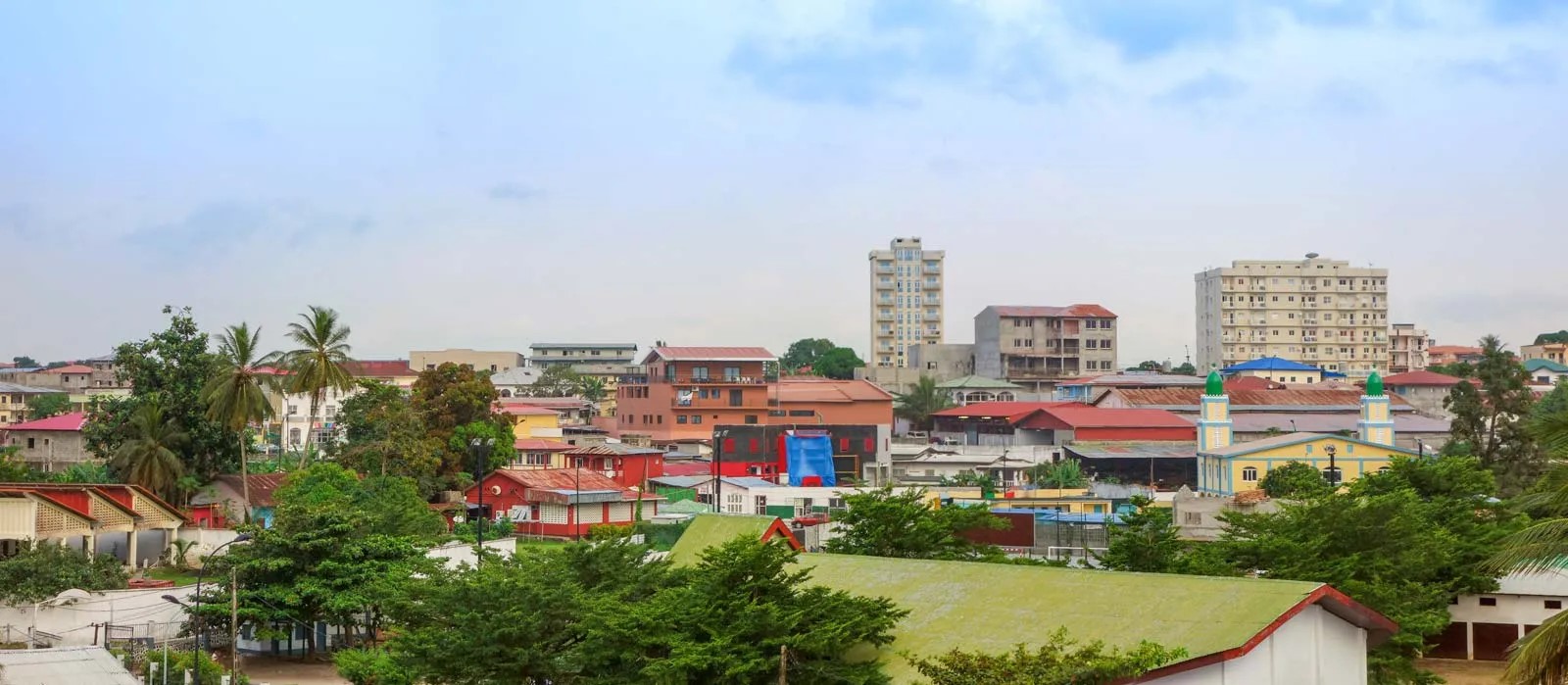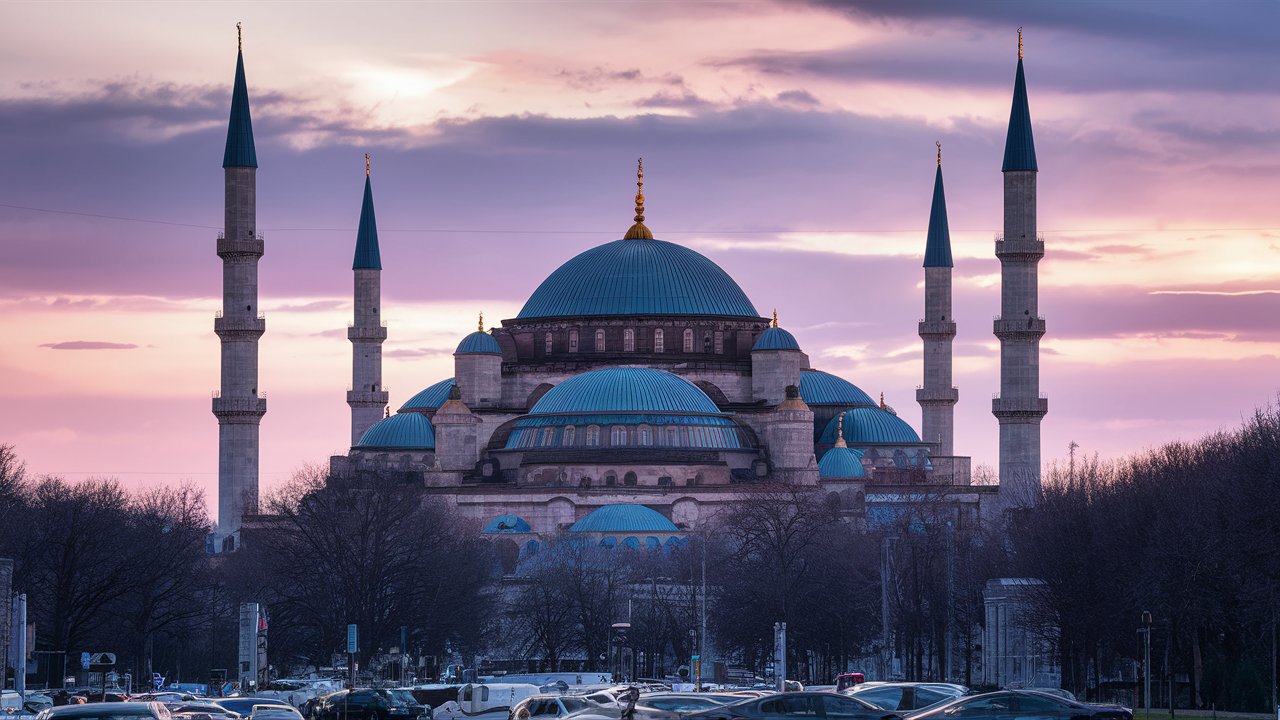
Equatorial Guinea, a small nation on the west coast of Central Africa, is a place of rich culture, diverse ecosystems, and a fascinating history that many might not know about. From its lush rainforests teeming with unique wildlife to its significant oil reserves that have shaped its economy, this country offers a tapestry of stories and facts that are as intriguing as they are diverse. Equatorial Guinea is the only sovereign African state where Spanish is an official language, a legacy of colonial times. Its islands and mainland regions are home to UNESCO World Heritage Sites, such as the island of Bioko, known for its volcanic landscapes and endangered primates. In this introduction, we'll uncover 12 captivating facts about Equatorial Guinea, shedding light on its geographical wonders, cultural richness, and historical milestones.
Geography and Location
Guinea Ecuatorial, or Equatorial Guinea, is a small country located on the west coast of Central Africa. Despite its size, it has a rich history and diverse culture.
-
Equatorial Guinea is the only African country where Spanish is the official language. This stems from its colonial history under Spanish rule.
-
The country consists of a mainland region, Río Muni, and several islands, including Bioko, where the capital Malabo is situated.
-
Bioko Island is home to Pico Basile, the highest peak in Equatorial Guinea, standing at 3,011 meters.
History and Politics
Equatorial Guinea has a complex history marked by colonization and political changes. Here are some key historical and political facts.
-
Equatorial Guinea gained independence from Spain on October 12, 1968. This day is celebrated annually as Independence Day.
-
The country has been ruled by President Teodoro Obiang Nguema Mbasogo since 1979, making him one of the longest-serving leaders in the world.
-
Before Spanish colonization, the region was inhabited by various ethnic groups, including the Fang and Bubi people.
Economy and Resources
The economy of Equatorial Guinea has seen significant changes, especially with the discovery of oil. Let’s look at some economic facts.
-
Equatorial Guinea is one of the richest countries in Africa in terms of GDP per capita, largely due to its oil reserves.
-
Oil and gas exports account for over 90% of the country’s revenue, making it highly dependent on this sector.
-
Despite its wealth from oil, a significant portion of the population lives in poverty, highlighting economic inequality.
Culture and Society
The culture of Equatorial Guinea is a blend of indigenous traditions and Spanish influences. Here are some cultural insights.
-
Traditional music in Equatorial Guinea often features the use of drums and other percussion instruments, reflecting the country’s African heritage.
-
The country celebrates various festivals, including the Malabo Hip Hop Festival, which showcases local and international artists.
-
Equatorial Guinea has a diverse cuisine that includes dishes like cassava, plantains, and seafood, influenced by both African and Spanish culinary traditions.
A Glimpse into Guinea Ecuatorial's Rich Tapestry
Guinea Ecuatorial, a nation bursting with cultural richness and untold stories, offers more than meets the eye. From its lush rainforests to vibrant traditions, this country is a testament to the resilience and diversity of its people. As we've journeyed through fascinating facts, it's clear that Guinea Ecuatorial is not just a spot on the map but a vibrant community with a heart and soul that beats strongly amidst challenges. Whether it's the unique Spanish influence, the thriving biodiversity, or the economic puzzles it navigates, each facet contributes to a broader understanding of this remarkable place. Let's keep our curiosity alive and continue to explore and appreciate the diverse tapestry of our world, with Guinea Ecuatorial as a compelling chapter in that ongoing story.
Was this page helpful?
Our commitment to delivering trustworthy and engaging content is at the heart of what we do. Each fact on our site is contributed by real users like you, bringing a wealth of diverse insights and information. To ensure the highest standards of accuracy and reliability, our dedicated editors meticulously review each submission. This process guarantees that the facts we share are not only fascinating but also credible. Trust in our commitment to quality and authenticity as you explore and learn with us.


